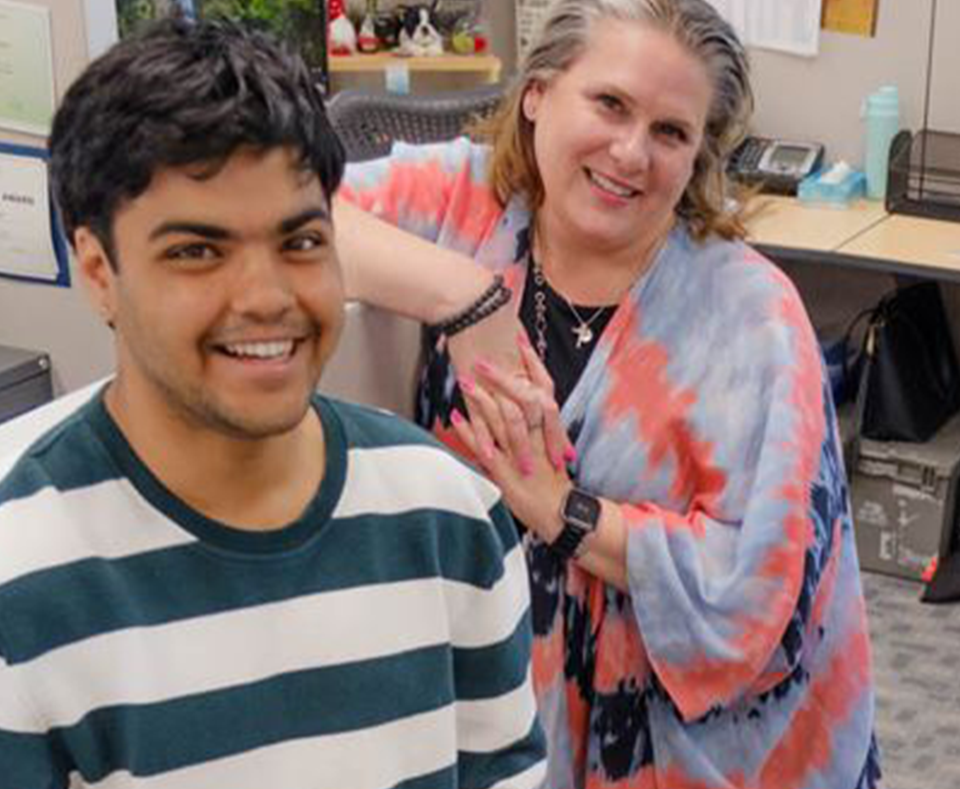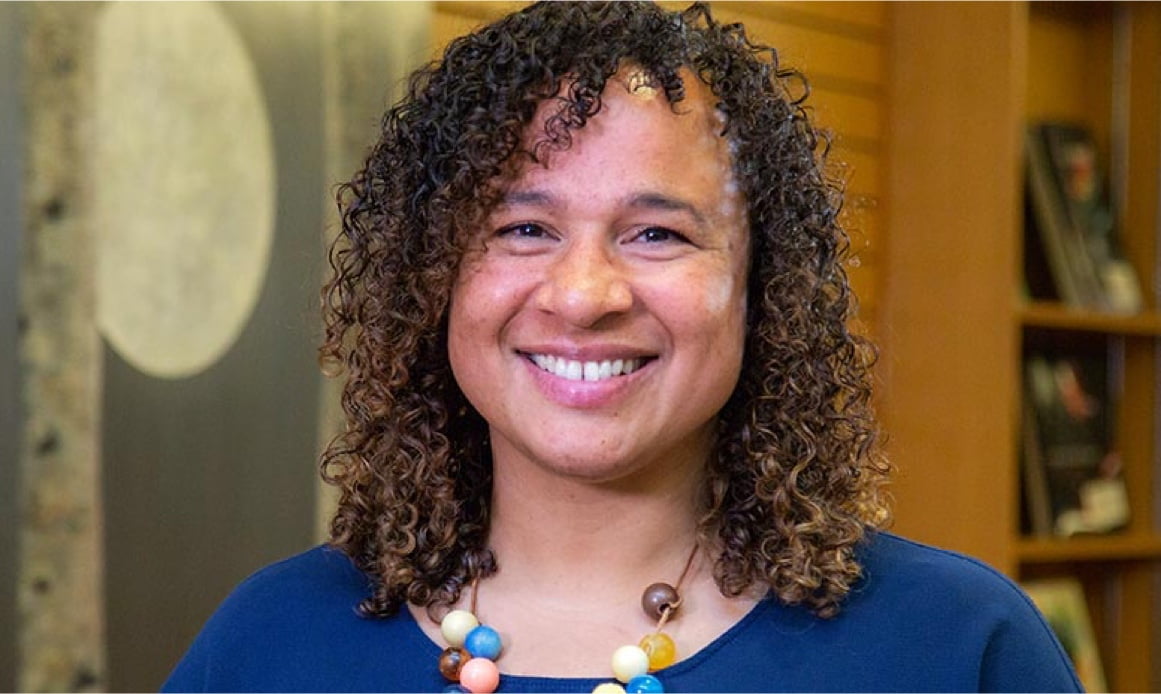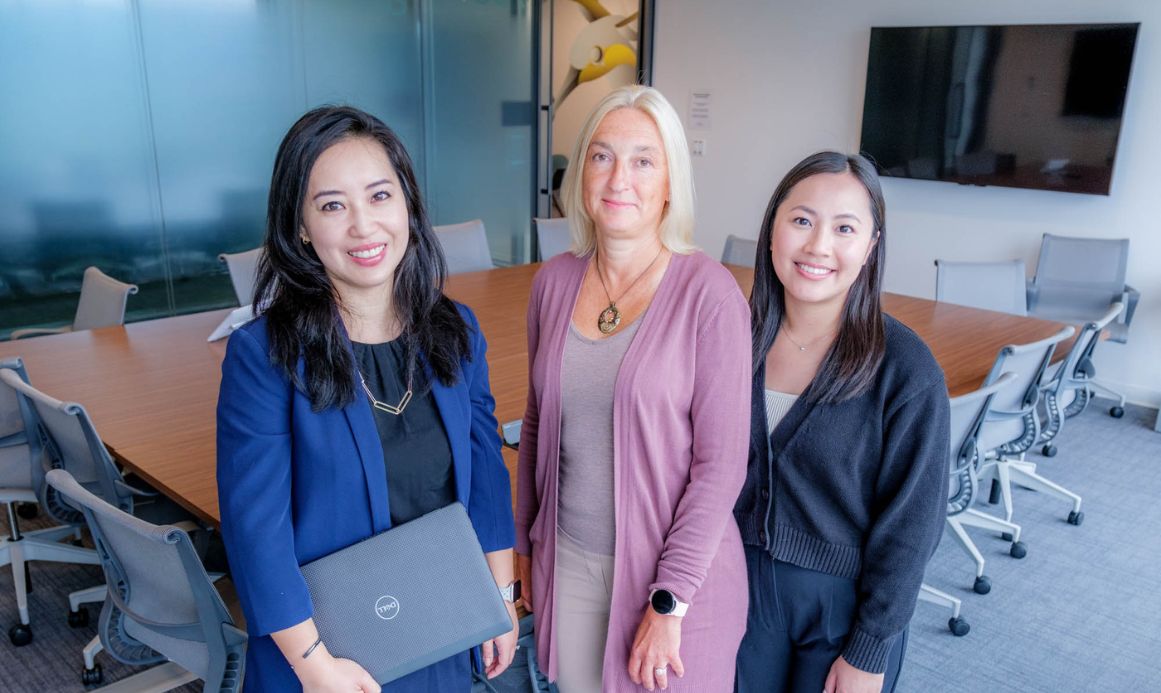| Job Title: | RECREATION THERAPIST, REGIONAL PROGRAMS, MINIMUM AND MEDIUM SECURITY UNITS |
| Requisition #: | 189334 |
| Job Location: | Canada-British Columbia-Surrey |
| Department: | Spec Clinic Psych- Forensic |
| Job Type: | Regular, Full Time |
| Start Date of Employment: | 20-Oct-2025 |
| Posting Date: | 23-Sep-2025 |
| Work Days: | Rotating, |
| Hours of Work: | Rotate from 0830-1630hrs & 1000-1800hrs M-F. Weekends and STATS will rotate from 1000hrs-1800h |
| Work Site: | 10022 King George Highway, Surrey |
| Salary/Rate: | $37.89/Hour |
Job Summary:
In accordance with the Purpose, Vision, Values and Coast Salish Teachings, and strategic direction of PHSA, safety, including both patient and employee safety, is a priority and a responsibility shared by everyone at PHSA. As such, the requirement to continuously improve quality and safety is inherent in all aspects of this position.
Within the context of a biopsychosocial framework, the Recreational Therapist, under the general direction of the Manager, FPS Clinical Operations, with the clinical guidance of a treatment team leader and access to the Practice Leader, Recreation Therapy, Rehabilitation Services, works as part of a multidisciplinary forensic psychiatric community mental health team to provide a defined range of community forensic mental health and recreational therapy services to Mentally Disordered individuals in conflict with the law and to clients who are referred to the Forensic Assertive Community Treatment team. The Recreational Therapist carries out recreational therapy assessments and community mental health services within the context of the mental health team to adults who are subject to a legal order for criminal offences (probation, bail, provincial parole, conditional sentence) and provides assertive case coordination services to high-risk mentally disordered offenders and, supervises and coordinates services to adults on probation or conditional discharge. The Recreational Therapist ensures the provision of Recreation Therapy services in designated programs focused on designated clients, and coordinates and participates in quality improvement and risk management initiatives, meetings, research and education. Provides Recreation Therapy assessments/interventions as required and provides work direction to designated students, staff and volunteers.
Duties/Accountabilities:
1. Provides Recreation Therapy assessment, and plans and provides interventions in accordance with current evidence-based models and established standards of professional practice, and the client and family centered plan of treatment by reviewing records, identifying priority client goals/issues/needs/expectations, planning, implementing, evaluating and documenting clinical Recreation Therapy services to maintain client’s optimal health and well-being.
2. Participates in the design, delivery and coordination of Recreation Therapy services for clients by methods such as evaluating recreation and leisure needs and interests of clients, establishing recreation services to meet the varied interests of clients, working with recreation assistants, students and volunteers to carry out related programs and coordinate inter-floor and facility wide activities and schedules. The Recreation Therapist will also establish working relationships with other disciplines and medical staff, determining appropriate adaptations for recreation activity, priorities, coordinating the work activities of designated staff and students, reviewing workflow, facilitating workplace solutions with other supervisory personnel, and developing goals and objectives for the recreation service with designated management and other designated team members to ensure that accreditation and Recreation Therapy safety standards are maintained as well as services are performed in an effective, efficient, and cost effective manner.
3. Designs and develops a recreation program suitable to the varying needs and interests of clients. Collaborates with the team, recreation assistants, volunteer services and community based groups and organizations to enhance recreation and leisure involvement of all clients within the program/site and the broader community. As applicable, makes connections with various groups to encourage regular use of facility space and involvement of clients in recreation/leisure activities.
4. Provides and promotes leadership, and maintains knowledge in Recreation Therapy and clinical practice related to nature and scope of human service delivery systems, program specific health management, and the diversity of client populations including cultural and diagnostic groups served within the therapeutic recreation process, including etiology, symptomatology, prognosis, treatment of conditions and related secondary complications by methods such as facilitating continuous learning, reviewing literature in designated areas, consulting with clinical and community experts, evaluating clinical practice and referral systems, developing or revising practice guidelines, and developing/presenting education sessions based on knowledge of Recreation Therapy.
5. Participates in and facilitates interdisciplinary communication, practice and team based client/family care through leadership, role modelling, education, coaching, and mentoring activities that facilitates team goal setting, problem solving, conflict resolution and collaboration to ensure comprehensive service delivery and avoid service duplication. Participates in the development of new/revised interdisciplinary practice and team based client/family care models to enhance/improve client centered care.
6. Maintains concise and accurate documentation of relevant information on client files in accordance with FPSC policy standards to meet regulatory requirements and provide evidence and rationale to support findings and treatment plan such as compiling pertinent background information for clinical case planning and collecting information to assist psychiatrists/psychologists in the preparation of reports for the Courts. Provides written reports and summaries as per FPSC policy, standards and guidelines.
7. Facilitates and enhances inter-agency/community communications/relationships through methods such as providing information based upon knowledge of theory/practice and professional education to the community and developing communication linkages to provide effective and expedient care.
8. Provides consultations to staff, interdisciplinary health team members and students of the organization and other health facilities by collaborating to solve problems which may arise within the client caseload and providing guidance/knowledge in the management of a client or client group within respective area.
9. Participates in the strategic planning process for assigned areas by methods such as attending meetings, recommending changes to clinical support processes, policies and procedures, identifying systems for improving utilization of resources and providing input regarding space and equipment needs. Ensures professional activities are consistent with organizational priorities.
10. Coordinates and participates in quality improvement and risk management activities related to assigned programs and services by methods such as selecting and utilizing outcome measures, evaluating effect of changes in client centered care practice and recommending new or revisions to policies, procedures and protocols to ensure client care/services are provided in the most efficient and effective way.
11. Applies a research approach to problem solving and supports the research culture through methods such as promoting staff awareness and involvement in research activities, reviewing relevant literature/resources, identifying issues/practices which require research, and promoting use of research findings in clinical practice.
12. Sets measurable goals and objectives within a team or individual environment, incorporating the vision and values, goals and corporate plan of the organization, through methods such as maintaining and updating own knowledge of clinical and professional development in area of practices, and developing a plan in collaboration with the designated manager and the Professional Practice Director, for professional development; reviews progress to ensure that goals are achieved within established time frames.
13. Maintains a variety of records by methods such as gathering and recording appropriate/key information/observations, methods, measurements, assessment findings and client-centered goals utilizing a variety of methods and following the organization standards and program guidelines to ensure access to accurate, objective, relevant information about the client. Forwards records to designated management/personnel as required.
14. Ensures a safe and healthy workplace for clients and staff through methods such as effective orientation, training, promotion and monitoring of safe work practices and enforcement of health and safety requirements. Reports unsafe situations; investigates and takes corrective action and/or notifies appropriate personnel.
15. Performs other related duties as assigned.
Qualifications:
Education, Training and Experience
• Baccalaureate in Therapeutic Recreation. Two (2) years' recent, related experience working with the designated population group in the applicable program area/setting, or an equivalent combination of education, training and experience.
• Eligible for membership in the British Columbia Therapeutic Recreation Association.
• Valid BC Driver’s License. Local area travel may require the use of a personal vehicle.
• Current Cardiopulmonary Resuscitation (CPR) Certificate.
Skills and Abilities
• Comprehensive knowledge of evidence-based Recreation Therapy practice related to applicable program health issues and treatment.
• Comprehensive knowledge of theories and concepts of therapeutic recreation, leisure, social psychology and current trends and practice in designated areas.
• Comprehensive knowledge of recreation therapy theory and practice within a client and family centered model of care.
• Comprehensive knowledge of organizing therapeutic recreation services including the development of a written plan or operation.
• Comprehensive knowledge of other health care disciplines and their role in client care.
• Broad knowledge of research process and methodology.
• Demonstrated ability to function as a team member, leader, and facilitator.
• Demonstrated ability to teach clients and co-workers both one-on-one and in groups.
• Demonstrated ability to communicate effectively with co-workers, other health care staff, clients and their families, both one-on-one and in groups.
• Demonstrated ability to integrate Recreation Therapy concepts and theories in a variety of settings.
• Demonstrated ability to work independently and in collaboration with others.
• Demonstrated ability to provide effective consultation.
• Demonstrated ability to establish workload priorities in collaboration with others.
• Skill in the use of equipment, and in techniques appropriate to the treatment of clients with a rehabilitation/degenerative disease or disability and/or mental health issue.
• Documented involvement as a research investigator and/or published researcher.
• Basic computer literacy.
• Demonstrated ability to conduct biopsychosocial psychiatric assessments, provide treatment planning, and to apply knowledge of theory and practice to a case management process
• Demonstrated ability to conduct biopsychosocial psychiatric assessments, provide treatment planning, and to apply knowledge of theory and practice to a case management process.
• Demonstrated ability to assess clients’ responses to care and to respond appropriately.
• Demonstrated ability to adjust to new or unexpected events and to problem solve.
• Demonstrated ability to communicate effectively, both orally and in writing, with clients and their families, colleagues, physicians, and other health care staff.
• Demonstrated listening and information seeking skills that promotes communication and leads to a co-operative approach to problem solving within a multidisciplinary setting.
• Demonstrated ability to deal effectively with conflict situations, manage aggressive behaviour and use non-violent crisis intervention and behavioural management techniques.
• Physical ability to perform the duties of the position.
 Our Programs Explore to find the right program for you at PHSA.
Our Programs Explore to find the right program for you at PHSA. Rewarding Health Care Nursing Careers and Jobs with PHSA Provide specialty nursing in clinical health care and research. Explore careers throughout B.C. with the Provincial Health Services Authority (PHSA).
Rewarding Health Care Nursing Careers and Jobs with PHSA Provide specialty nursing in clinical health care and research. Explore careers throughout B.C. with the Provincial Health Services Authority (PHSA). Indigenous Health Care Jobs and Careers with PHSA Join our thriving Indigenous workforce in a corporate or clinical role. Explore careers in B.C. with the Provincial Health Services Authority (PHSA).
Indigenous Health Care Jobs and Careers with PHSA Join our thriving Indigenous workforce in a corporate or clinical role. Explore careers in B.C. with the Provincial Health Services Authority (PHSA). Physician Careers at PHSA Our PHSA medical leadership team provides care that is among the best in the world, contributing to research that is changing the future of health care.
Physician Careers at PHSA Our PHSA medical leadership team provides care that is among the best in the world, contributing to research that is changing the future of health care. Health Care Correctional Health Services Jobs and Careers With PHSA Correctional Health Services provides exceptional care for incarcerated patients. Join us in a career with Provincial Health Services Authority (PHSA).
Health Care Correctional Health Services Jobs and Careers With PHSA Correctional Health Services provides exceptional care for incarcerated patients. Join us in a career with Provincial Health Services Authority (PHSA).

 Talent on Demand Talent on Demand is PHSA’s unique in-house recruitment program offering temporary employment opportunities in health care across British Columbia.
Talent on Demand Talent on Demand is PHSA’s unique in-house recruitment program offering temporary employment opportunities in health care across British Columbia. PHSA recognized as a Top Employer in BC PHSA has been named one of BC's Top Employers for 2024 and 2025, recognizing its commitment to a supportive, enriching workplace. Join our award-winning team—apply today!
PHSA recognized as a Top Employer in BC PHSA has been named one of BC's Top Employers for 2024 and 2025, recognizing its commitment to a supportive, enriching workplace. Join our award-winning team—apply today! Infection Prevention and Control Careers Become a member of the Infection Prevention and Control (IPAC) team and play a critical role in improving patient care by preventing the spread of infections across our health care system.
Infection Prevention and Control Careers Become a member of the Infection Prevention and Control (IPAC) team and play a critical role in improving patient care by preventing the spread of infections across our health care system. British Columbia Lifestyle Located on Canada’s west coast, the province of British Columbia offers a range of lifestyle options including urban bustle, suburban convenience, rural adventure, and small-town living.
British Columbia Lifestyle Located on Canada’s west coast, the province of British Columbia offers a range of lifestyle options including urban bustle, suburban convenience, rural adventure, and small-town living.











